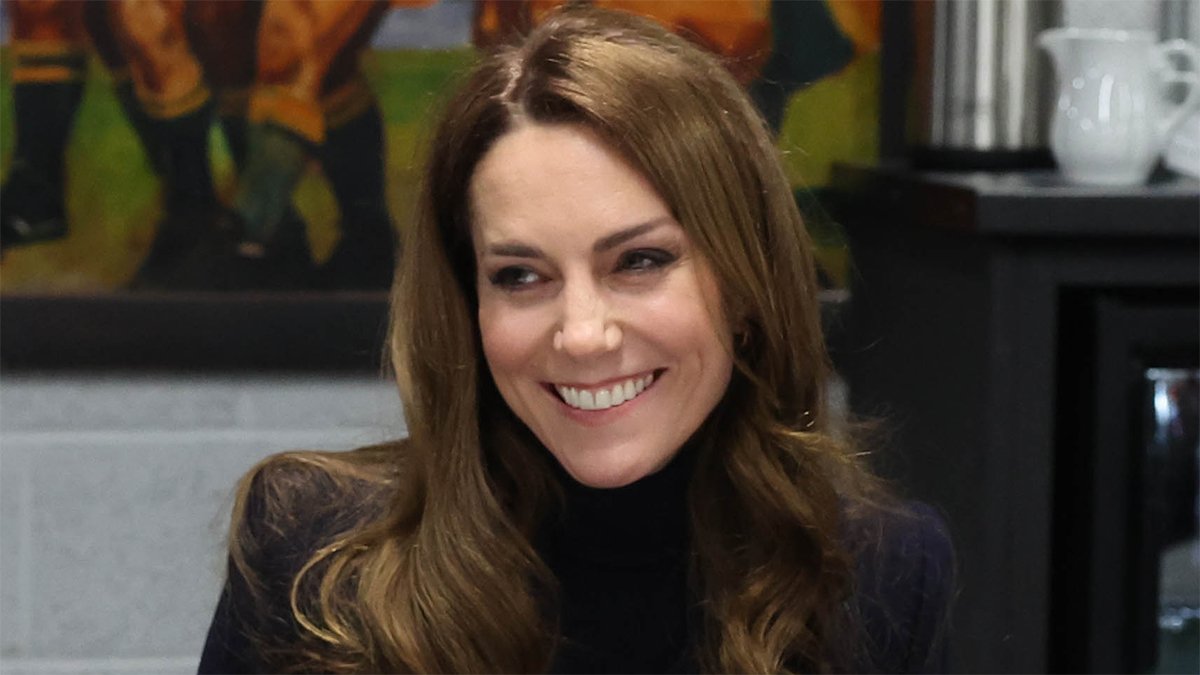Key ingredients: witch hazel extract, tea tree oil, thyme extract, rosemary extract | Fragrance-free: no
Frequently Asked Questions
What type of shampoo is best for an oily scalp?
The best shampoo for an oily scalp deeply cleanses without stripping your scalp’s natural moisture. Look for clarifying or detoxifying formulas with ingredients like salicylic acid, tea tree oil, or apple cider vinegar, which help break down excess oil and product buildup while keeping the scalp balanced.
If you’re also dealing with flakes or itchiness, you’re not alone. “Dandruff or seborrheic dermatitis can be common in people with an oily scalp,” says Dr. McTighe. Shampoos with ingredients like ketoconazole (an antifungal), zinc pyrithione (fights bacteria and yeast), selenium sulfide (reduces scalp flaking), salicylic acid (exfoliates and removes buildup), or coal tar (slows skin cell turnover) can be especially helpful in cases like this, says Dr. McTighe.
And no matter which formula you choose, “aim for one that’s sulfate-free and silicone-free to avoid triggering even more oil production,” adds Dr. Chacon.
Why is my hair oily?
This question has a nearly-infinite amount of answers, so it’s hard to tell exactly what’s causing your scalp to become oily. That being said, some of the biggest contributors to chronic grease-prone hair include genetics, hormones, stress, and weather. “Some of us naturally produce more oil than others, which can lead to a greasy scalp,” Charlotte Birnbaum, MD, a New York City-based board-certified dermatologist, previously told Allure. “If you have both an oily face and scalp, it’s likely you are naturally oil-prone.”
However, suppose oiliness is a new concern for you. In that case, New Haven, CT-based board-certified dermatologist Mona Gohara, MD, says the culprit could be: 1) a switch in your usual hair habits, or 2) developing a condition called seborrheic dermatitis. She says this condition is characterized by “greasy, scaly, dandruff from an overgrowth of a yeast called Malassezia.”
In a twist of irony, dry shampoos are another contributor to oily hair. “When dry shampoo particles build up on the scalp over time, they can clog hair follicles, trap oil, and prevent normal skin cell turnover,” Nancy Samolitis, MD, a board-certified dermatologist in Los Angeles previously shared with Allure. It creates something of a domino effect since Dr. Samolitis explained that “this can lead to overgrowth of bacteria and yeast that normally live on the scalp and cause folliculitis, or the inflammation of hair follicles, and dandruff.” Folliculitis can, in turn, lead to red pimples and pustules—sort of like scalp acne.
Can you prevent hair from getting so oily?
You can’t completely stop your scalp from producing oil—a natural and healthy function—but you can manage it so your hair doesn’t get greasy as quickly. “This can also depend on your hair type,” says Dr. McTighe. “If you have fine or straight hair, limiting certain products like oils, conditioners, or serums to the ends can help prevent your scalp from becoming too oily.”
What can I do to reduce oiliness?
A traditional liquid shampoo for oily hair, which will essentially work the same way a powder does: absorbing oil, without leaving any residue, is one of the best first steps you can take to minimize oiliness. When seeking out the best shampoo for oily hair, King advises against buying formulas formulated with silicones. Some silicones may accumulate on the scalp over time, similarly to the way powder particles do, King explains.



